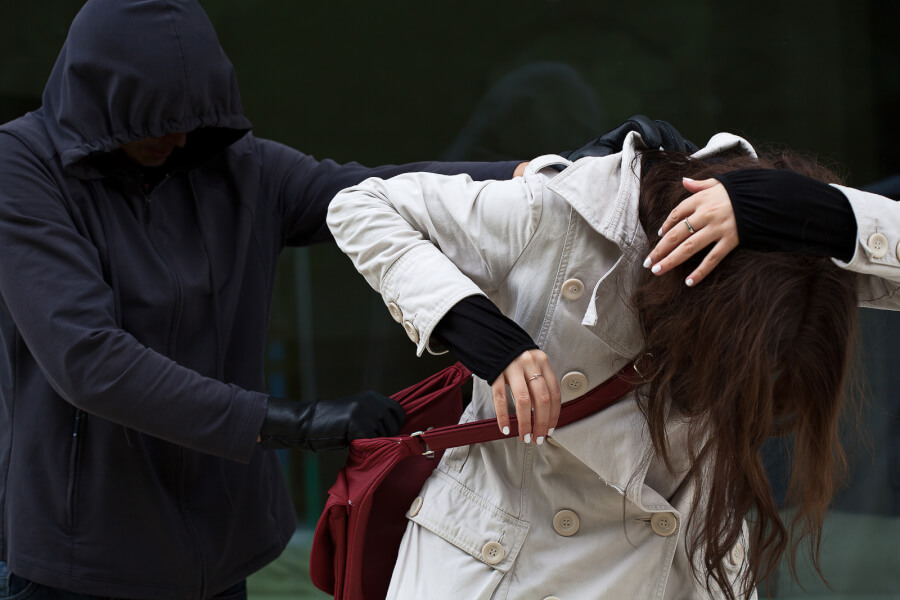When arrested for a DWI offense in North Carolina, one of the most important pieces of evidence is the results of the chemical tests. According to North Carolina law § 20-139.1, chemical tests are admissible as evidence and also deemed as sufficient evidence to prove a person’s blood alcohol concentration (BAC). The chemical tests are usually given after a field sobriety test during a traffic stop, and they are generally considered reliable.
However, as DWI defense attorneys in Raleigh, NC, we at the Law Office of Dewey P. Brinkley know that DWI chemical tests aren’t always perfect. If you need one of the leading defense attorneys with years of experience representing people just like you, call criminal defense attorney Brinkley today at (919) 832-0307.
North Carolina Implied Consent Laws
Under North Carolina law § 20-16.2, the “implied consent” law, if a police officer has probable cause to believe that you’ve been drinking, then you already consent to a blood or breath test to determine your BAC. You can be asked to comply with a chemical test before arrest as well, such as at a DWI checkpoint, if you were in an accident, or if you were caught breaking a traffic law, and the officer believes you were drinking.
The actual text of the law reads: “Any person who drives a vehicle on a highway or public vehicular area thereby gives consent to a chemical analysis if charged with an implied-consent offense. Any law enforcement officer who has reasonable grounds to believe that the person charged has committed the implied-consent offense may obtain a chemical analysis of the person.”
Refusing to Take a Blood, Breath, or Urine Test in North Carolina
After the arrest, the police officer should inform you, in writing, that refusing a chemical test can result in the automatic suspension of your driver’s license for a year. If it’s your first chemical test refusal, you could get limited driving privileges after serving 6 months of the suspension.
It’s important to keep in mind that refusing a chemical test isn’t a “get out of jail free” card. Refusing the test won’t keep you from getting convicted for DWI. On the contrary, the prosecution may argue that you refused the chemical test because you knew you were legally intoxicated.
Chemical Test Process in North Carolina
Usually, the chemical test will come after the field sobriety test, or if the police officer has strong reason to believe that you’re intoxicated. The three types of chemical tests include:
- Breath tests – Breath tests are most commonly measured with the portable breathalyzer. This indirectly measures BAC by testing for alcohol on the subject’s breath, and then a formula is used to determine the amount of alcohol concentration in the subject’s blood.
- Blood tests – A sample of blood is analyzed to determine BAC. Alcohol is quickly absorbed into the blood, and so a blood test is a quick and easy way to determine BAC.
- Urine tests – Urine tests are also another method for determining BAC or drugs in the system. This test is also indirect, as it uses the amount of alcohol in the urine to determine overall blood alcohol concentration.
Field Sobriety Test and Symptoms of Being Drunk
Before getting a chemical test, police officers may ask you to take a field sobriety test or they will, at the least, look for signs of drunkenness, such as slurred speech, red watery eyes, and the odor of alcohol.
Generally, the field sobriety test occurs at the scene of the traffic stop. The field sobriety test will often include the following physical and mental tests:
- Nystagmus Test – Checking the eyes for lateral or horizontal jerking
- Reciting the alphabet forwards and backwards
- Standing and listening to directions, walking in a straight line, turning around, and walking back to the officer
- Standing with feet together, head back, and touching your nose with the tip of your finger, as directed by the police officer
Call Raleigh DWI Attorney Dewey Brinkley to Fight Your Charges
If you’ve been arrested for a DWI, you may be asked to take a field sobriety test or a chemical test. The results of these tests are heavily considered in courts, but these tests aren’t perfect. To get one of the leading criminal defense attorneys in the Raleigh NC area, call the Law Office of Dewey Brinkley today. Free consultations are available, so don’t hesitate and call today at (919) 832-0307.

 Level 2 — NCGS § 20-179(h)
Level 2 — NCGS § 20-179(h)




